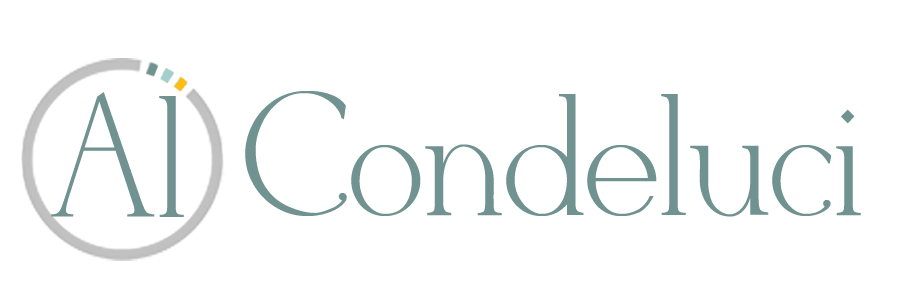Change - What Does It Take
/I chose a career in Human Services because I wanted to help people be more included in the greater community. Growing up I witnessed how people treated my cousin Carrie, who had Downs Syndrome, and although she was a natural part of our family, often the greater community members treated her in negative and distantiated ways. These negative behaviors prompted me into the field.
When I started graduate school of social work at the University of Pittsburgh we talked about being "change agents," and I took the moniker to heart. Initially, I was taught that the change that was needed for Carrie to be accepted rested more with how she functioned and behaved. The manifestations of her Downs Syndrome suggested that she needed to learn things to behave more "normally" to fit into the community.
After years of trying this route it became clear to me that the change that was needed did not lie with Carrie, but rested more in the behaviors of the greater community. This kind of change, we call "macro change," is much more challenging and hard to realize. It demands a shift in thinking, and moving outside of the box.
This kind of change also starts with an external recognition that seems to defy that which seems clear. It is captured in a quote I recently saw attributed to Henry Ford. He said: "The light bulb was not the result of continuous improvement of the candle." This quote suggests that meaningful change might requires that we move to another platform.
Einstein famously said: "The problems we face today can not be solved with the same level of thinking that created them." Both of these quotes suggest a paradigm shift from what seems obvious to a better, more evolved place. People in the greater community see disabilities as the problem, when, in fact, the real problem might be their attitudes.
So the next time you are looking at a problem that needs solved, or a change that needs to occur, look again. It might be that the solution lie in another place.
